 Have you been following the UK’s decision to leave the European Union, colloquially known as “the Brexit?” In a referendum held on June 23rd, British citizens voted in favor of the Brexit, with 52% percent voting to leave the EU and 48% voting to remain.
Have you been following the UK’s decision to leave the European Union, colloquially known as “the Brexit?” In a referendum held on June 23rd, British citizens voted in favor of the Brexit, with 52% percent voting to leave the EU and 48% voting to remain.
What Happens Now?
That’s a good question as there is a great deal of uncertainty regarding the legal consequences of the referendum. As a matter of fact, the UK is the first member nation ever to elect to sever its ties with the EU. For the immediate future, though, the status quo will be maintained. First of all, it is important to note that the referendum has no legal consequences with respect to the UK’s status as a member state of the EU. Instead, the UK will begin the process of leaving the EU only after the British government invokes Article 50 of the Treaty of Lisbon, one of the EU’s governing documents.
According to Article 50: “Any member state may decide to withdraw from the union in accordance with its own constitutional requirements.” Article 50 also specifically provides “A Member State which decides to withdraw shall notify the European Council of its intention.” This language is important because it makes clear that the Brexit cannot be initiated by the referendum vote, the trigger to request an exit from the EU can only be pulled by a formal request under Article 50 made by the British government. Whether and when the British government will actually invoke Article 50 is anybody’s guess given the spate of resignations and current state of turmoil in British politics. As a matter of fact, British legal scholars are currently debating how Article 50 is to be invoked – can the Prime Minister trigger Article 50 or is a formal vote of Parliament required?
What Happens When/If the British Government Invokes Article 50?
If the British government provides the EU with a formal Article 50 notification of its election to leave the EU, the UK and the EU will then be required by the Lisbon Treaty to negotiate a deal setting forth the terms of the UK’s withdrawal and establishing a structure for the future legal relationship between the UK and the EU. Once the Article 50 trigger is pulled, the European Council and the UK will have just two years to hammer out a new deal. If the parties choose not to extend this period and cannot reach any agreement, the UK will exit the EU with no formal arrangement in place. Once the Article 50 trigger is pulled, it is irreversible.
Following the Brexit vote, David Cameron announced his intention to resign as Prime Minister, leaving the decision on how and when to trigger Article 50 in the hands of his successor. Given the current chaos in British markets and politics, the culmination of Brexit may take years.


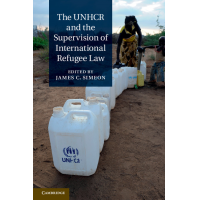 This week, Brooklyn Law School Library Associate Librarian Linda Holmes created a display of library material marking
This week, Brooklyn Law School Library Associate Librarian Linda Holmes created a display of library material marking 
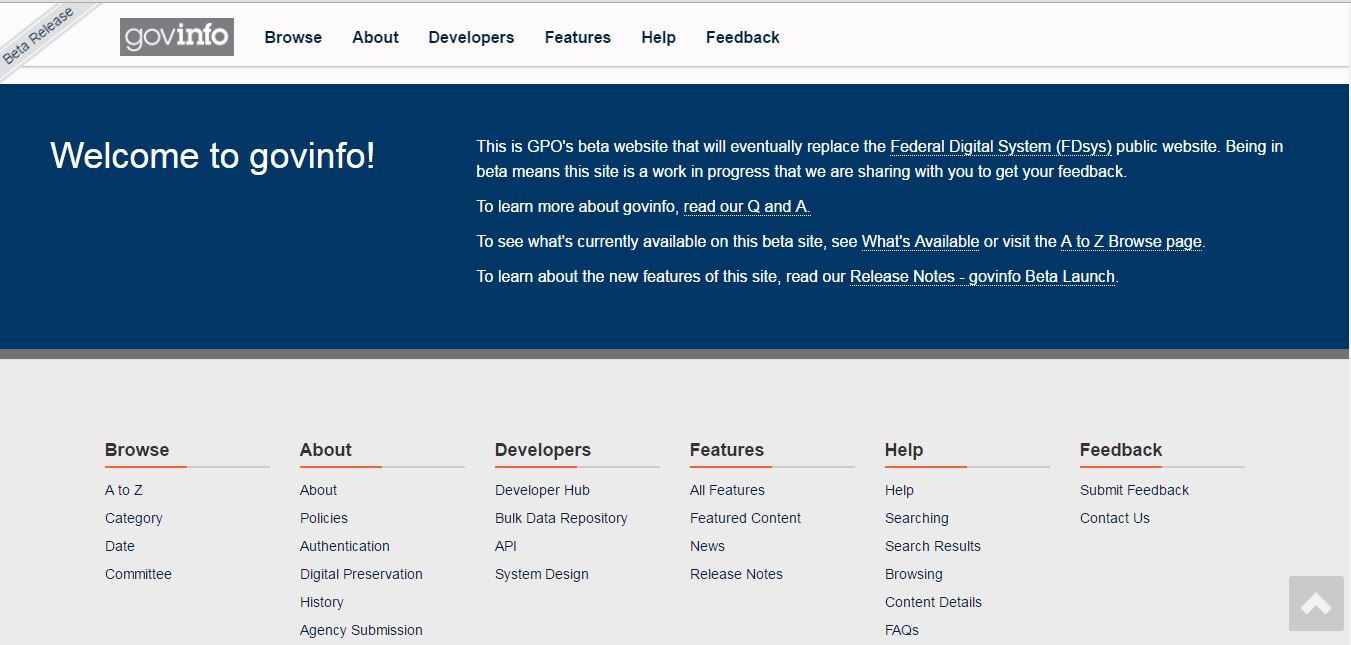

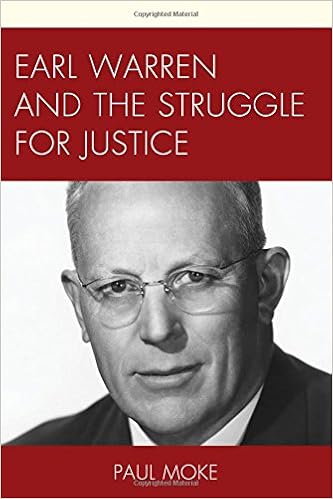 Chair of the Warren Commission on the Assassination of President Kennedy. Serious lapses in judgment and uncritical deference to authority regarding national security issues in the report have clouded his legacy. The Brooklyn Law School Library has in its collection
Chair of the Warren Commission on the Assassination of President Kennedy. Serious lapses in judgment and uncritical deference to authority regarding national security issues in the report have clouded his legacy. The Brooklyn Law School Library has in its collection 
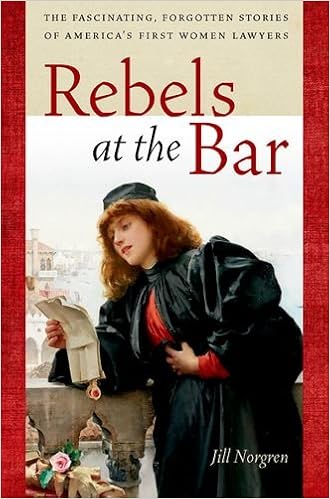 To commemorate Women’s History Month, Brooklyn Law School Associate Librarian Linda Holmes has added some interesting titles in the display case on the first of the library opposite the elevator, including
To commemorate Women’s History Month, Brooklyn Law School Associate Librarian Linda Holmes has added some interesting titles in the display case on the first of the library opposite the elevator, including 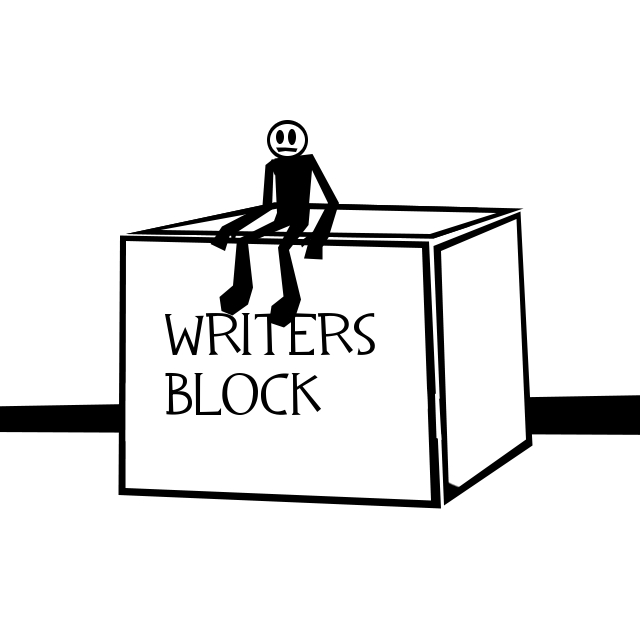 Are you struggling with selecting a topic for your seminar paper or suffering from writers’ block? Help is on the way. At 4:00 pm on Thursday, February 4, Prof. Fajans and Librarian Kathy Darvil will run their semi-annual workshop on how to research and write a seminar paper. The workshop will take a little over an hour and will be held in Room 400. Topics covered include sources for selecting your topic, sources for researching your topic, and how to effectively organize and write your paper. If you are unable to attend the workshop, you can access an online research guide which contains a recording of the workshop, links to and descriptions of all the research sources discussed, and the writing and research presentations. The online guide is available at guides.brooklaw.edu/seminarpaper. From the guide’s landing page, you will be able to access a recording of this year’s presentation, Professor Fajans’ slideshow on how to write your seminar paper, and Kathy Darvil’s online presentation on how to research your seminar paper. If you should need further help selecting or researching your topic, please stop by the reference desk for assistance.
Are you struggling with selecting a topic for your seminar paper or suffering from writers’ block? Help is on the way. At 4:00 pm on Thursday, February 4, Prof. Fajans and Librarian Kathy Darvil will run their semi-annual workshop on how to research and write a seminar paper. The workshop will take a little over an hour and will be held in Room 400. Topics covered include sources for selecting your topic, sources for researching your topic, and how to effectively organize and write your paper. If you are unable to attend the workshop, you can access an online research guide which contains a recording of the workshop, links to and descriptions of all the research sources discussed, and the writing and research presentations. The online guide is available at guides.brooklaw.edu/seminarpaper. From the guide’s landing page, you will be able to access a recording of this year’s presentation, Professor Fajans’ slideshow on how to write your seminar paper, and Kathy Darvil’s online presentation on how to research your seminar paper. If you should need further help selecting or researching your topic, please stop by the reference desk for assistance.